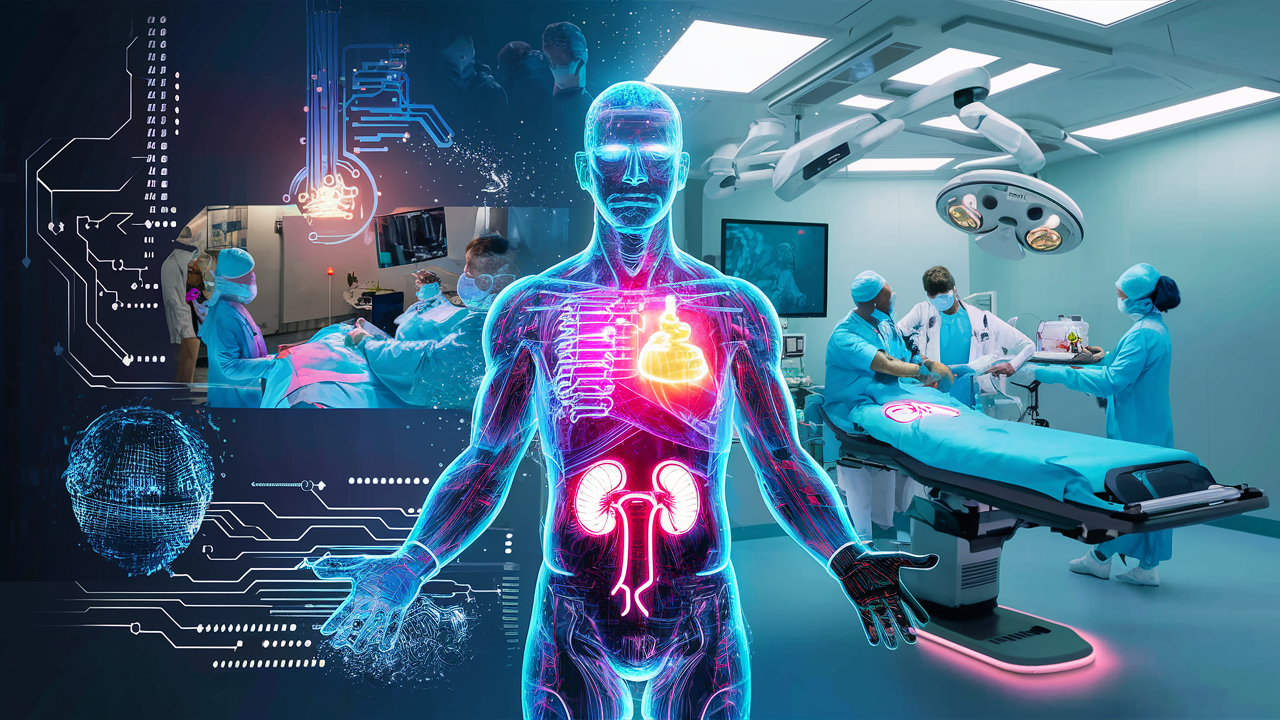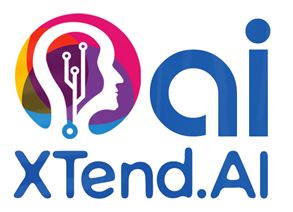Improving Kidney Transplant Outcomes with AI/ML Models
- Home
- Improving Kidney Transplant Outcomes with AI/ML Models
Predicting Kidney Transplant Success with Precision

Challenge
The increasing gap between the demand for kidney transplants and the availability of donor organs has highlighted a critical need for improved matching and outcome prediction methods. Traditional approaches such as using the KDPI (Kidney Donor Profile Index) offer limited predictive accuracy, leading to potential suboptimal organ allocation and usage. The challenge was to enhance the survival prediction for both living and deceased-donor kidney transplant outcomes, optimizing the precious resource of donated kidneys.
Solution
In response to this challenge, a collaborative effort was initiated involving researchers, doctors, and nephrologists from the USA and the UK, including contributions from the University Hospitals of Coventry and Warwickshire. This team aimed to leverage novel artificial intelligence (AI) and machine learning (ML) technologies to develop a model that significantly improves the prediction of transplant outcomes based on both donor and recipient characteristics.
Implementation:
The approach was to analyze a large, multicenter dataset from the UK Transplant Registry (UKTR), encompassing data on 29,714 deceased-donor kidney transplants between 2008 and 2022. The team employed four machine learning models, with a particular focus on the XGBoost algorithm due to its promising initial results. This model was rigorously evaluated against existing benchmarks, including the traditional KDRI, using metrics such as the integrated Brier score (IBS) and Harrell's concordance index for performance assessment.
Features and Capabilities:
Improved Risk Stratification: The AI/ML model, termed the United Kingdom Deceased-Donor Kidney Transplant Outcome Prediction (D-TOP), significantly outperformed existing models in predicting graft survival.
Advanced Analytics: Utilized advanced machine learning algorithms, particularly the XGBoost model, to analyze a wide range of donor and recipient characteristics for better prediction outcomes.
External Validation: Included rigorous testing for external validation and assessment of health inequalities by applying the model to patients with varying deprivation scores, ensuring the model's broad applicability and fairness.
Results
The implementation of the AI/ML models yielded groundbreaking results:
Superior Prediction Accuracy: Demonstrated superior performance over traditional prediction models, with the XGBoost model achieving an AUC of up to 0.76 and a concordance index of 0.74, compared to the KDRI's concordance of 0.62.
Optimized Organ Allocation: The D-TOP model has the potential to significantly improve the effectiveness of kidney allocation schemes, optimizing the use of available organs.
Enhanced Clinical Decision-Making: Provides transplant clinicians with a powerful tool for allocation decision-making, potentially increasing the success rates of transplants and improving patients' quality of life.
Conclusion:This collaborative project has successfully developed and validated an AI/ML-based model that surpasses existing methods in predicting kidney transplant outcomes. By accurately assessing the suitability of deceased-donor kidneys, the D-TOP model represents a significant advancement in transplant medicine, promising to enhance organ allocation efficiency and patient survival rates. This case study exemplifies the transformative potential of AI and ML technologies in addressing complex healthcare challenges and underscores the importance of interdisciplinary collaboration in advancing medical science.
Together, these advancements pave the way for a future where technology-driven solutions can significantly improve the outcomes and efficiency of kidney transplants, ultimately saving more lives and maximizing the use of valuable donor organs.






